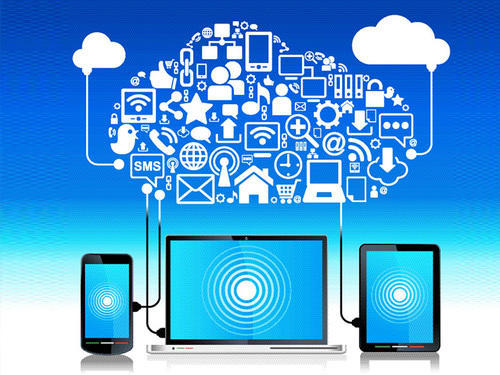Digital workspace is often confused with other terms, so it is challenging for one to understand what it really means. However, in the post-pandemic era with remote working popular now, the subject has triggered great interest, and as a business owner, you might have given thought to it as well.
The term VDI desktop solutions imply that everyone in the remote team is able to perform their data-based tasks with a wide range of digital services, like smartphones, laptops, PCs, and other mobile devices. In fact, the term VDI is a kind of digital workspace.
Virtual desktop, as a term, was launched by VMware way back in 2004. It refers to software that runs on computers in a data center or the cloud and is later delivered to a specific end-point. Users perceive this desktop session as it runs locally. Any device that the company relies on can operate the system, and they include clients, mobile devices, and laptops.
Most environments under VDI deploy Windows; however, Linux VDI systems are also popular in some companies. Besides permitting users to connect to physical machines, it can also be used for virtual desktops, so that part-time and full-time workers can carry out their tasks smoothly.
The four parts of a digital workspace
The digital workspace offers multiple enterprise-based services and apps for users across work styles, locations, and devices. There are four parts to the above, and they are-
- Any native application catalog that provides apps for all gadgets or devices.
- A user system for access management and monitoring.
- Alerts and notifications for organizations.
- Capability for remote IT.
The integration of all the above components accelerates secure and smooth access to the digital workspace.
Benefits VDI solutions for your business
The following are the top benefits of the VDI solutions for your business-
- Simplifies the IT management systems
- Gain better control
- Enhance affordability
- Boost cost savings
- Support your remote workers
Get remote as well as hybrid work models
When it comes to remote workers, they can use legacy as well as cloud-based apps, like Microsoft 365. However, when it comes to sharing sensitive business data, they are bound by the company policy.
Proprietary information
Sensitive information must be kept private with a small trusted team. The content can be, by default, encrypted in the digital workspace but only accessible by the entrusted team. The above should also be applicable to third-party integration as an external legal counsel.
Besides the above, a VDI desktop for business acquisitions and merger teams is able to integrate resources where they should be preferably kept or isolate them in any place where they are needed.
Last but not least, managing the needs of contractors as well as contingent workers is hard for several organizations. It is not safe for a business to provide business data to contingent workers. Moreover, contract workers generally need to learn about the apps in the company, leading to a wastage of money per hour. When you resort to VDI solutions for your business, all the above issues can be effectively arrested.

